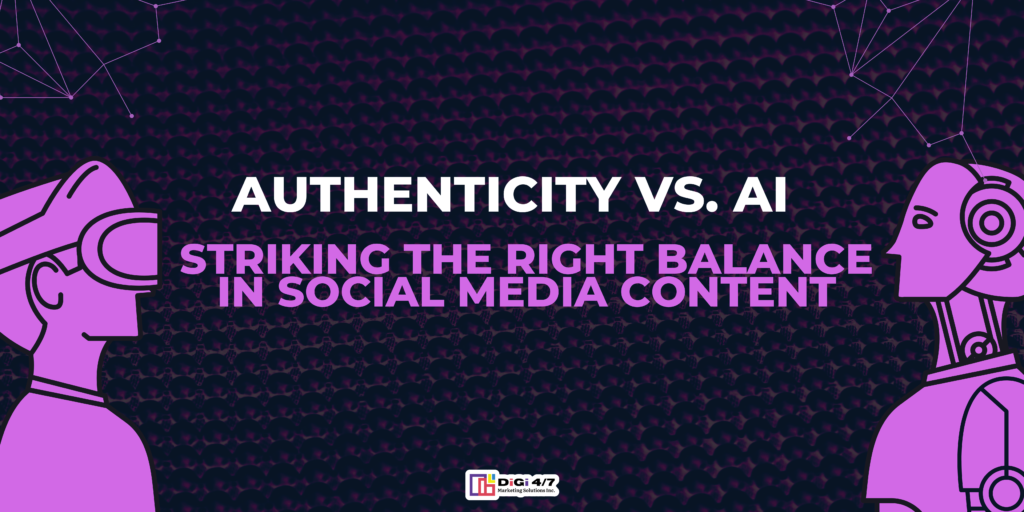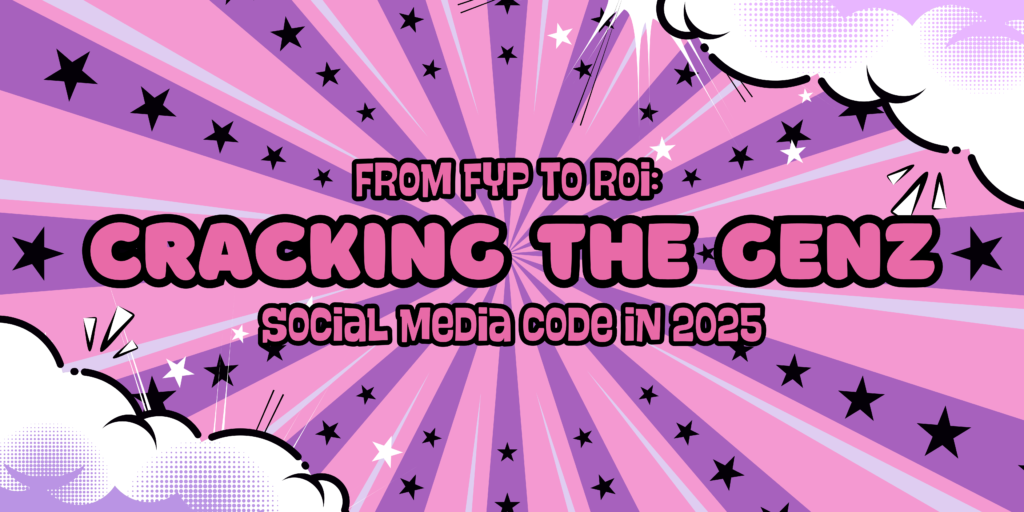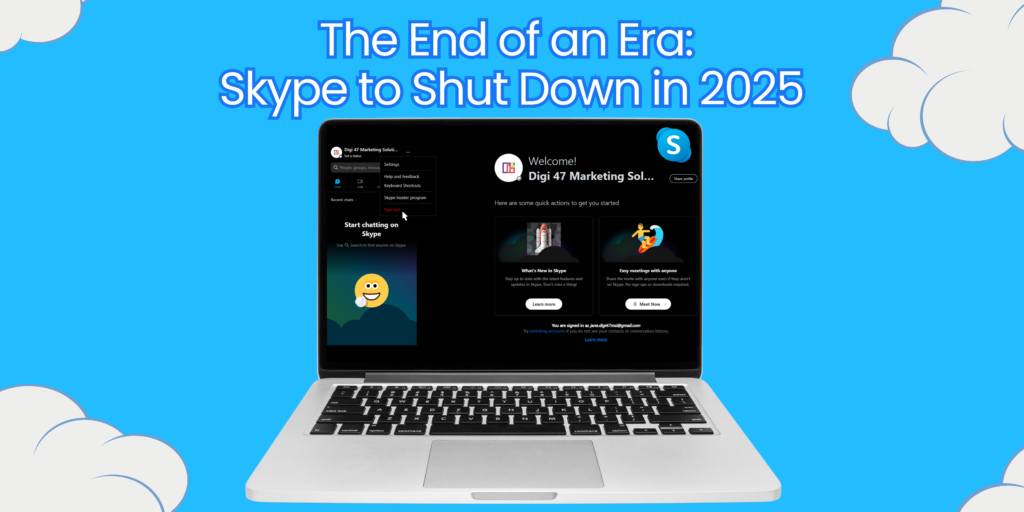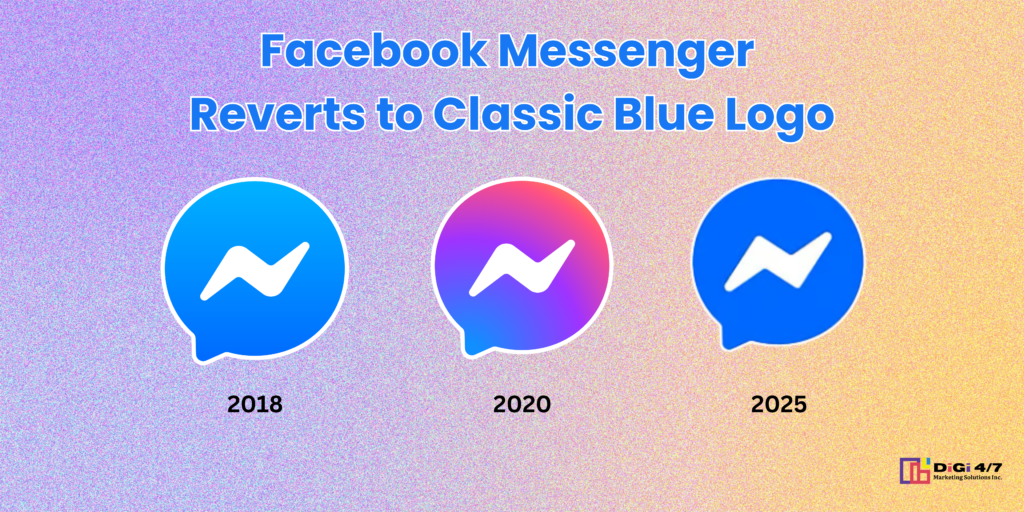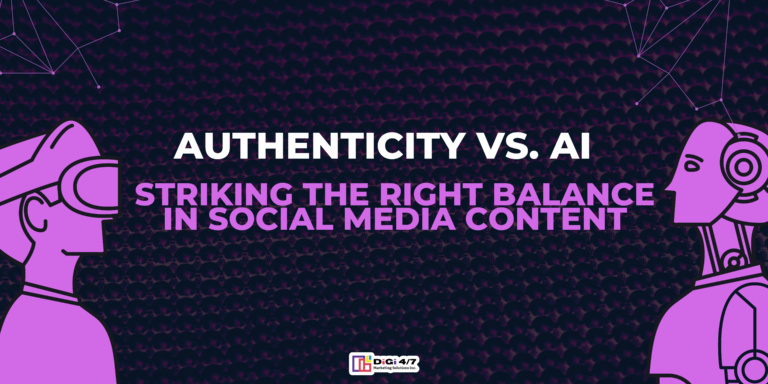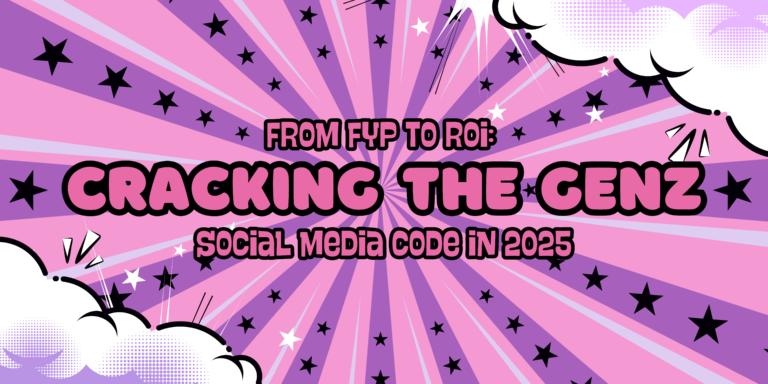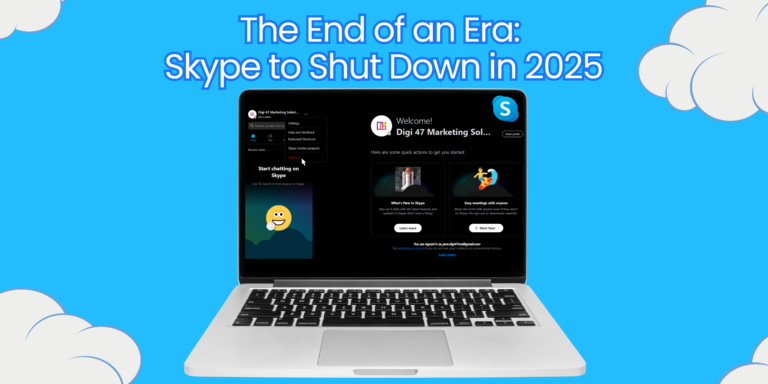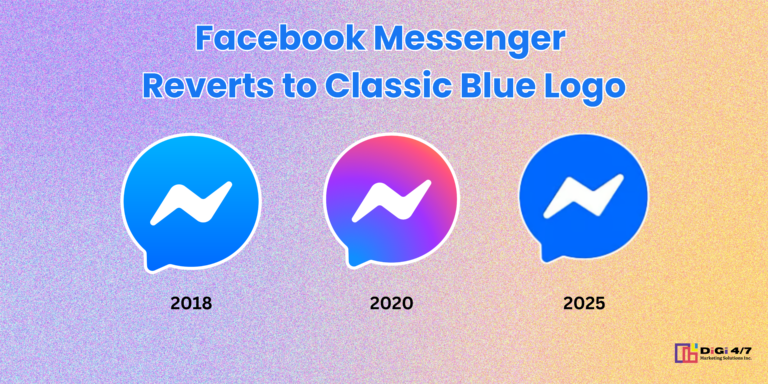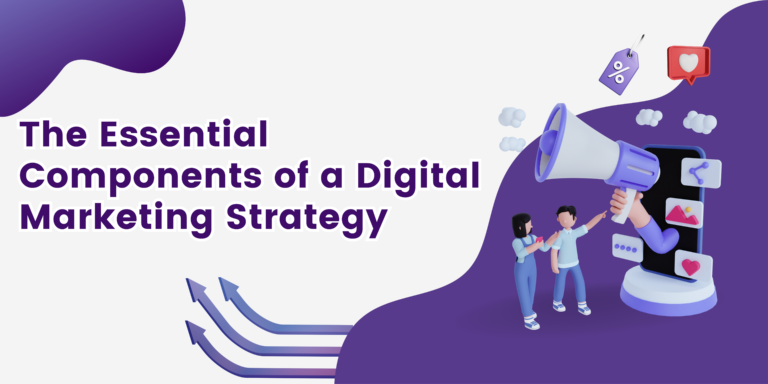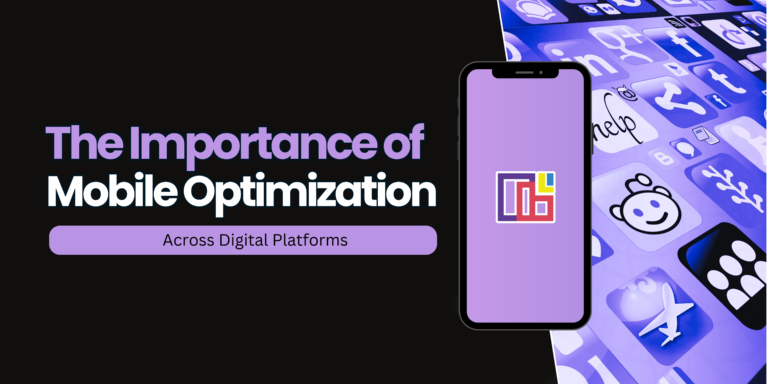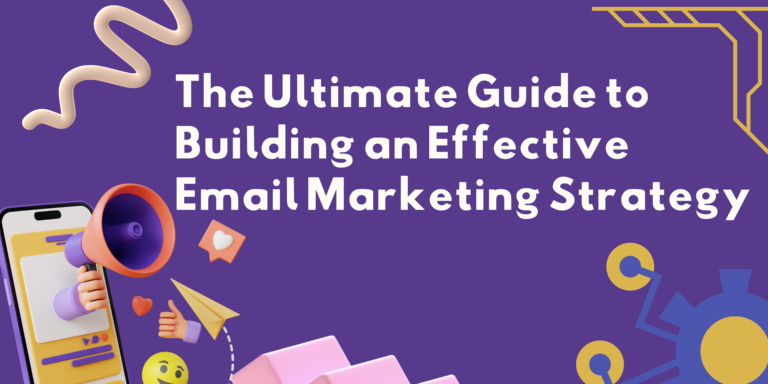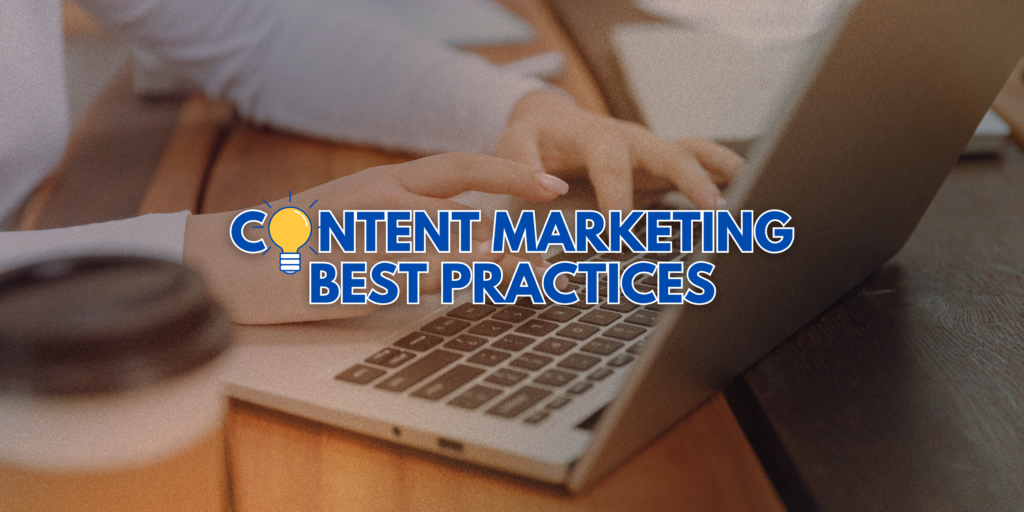
Content Marketing Best Practices: What You Need to Know
Content marketing is a powerful tool in today’s digital landscape, enabling businesses to connect with their audience, build brand authority, and drive conversions. However, to harness its full potential, one must adhere to best practices that ensure content is not only relevant but also impactful. This essay explores the essential content marketing best practices you need to know to create and execute a successful strategy.

1. Understand Your Audience
The foundation of any successful content marketing strategy is a deep understanding of your audience. Knowing who they are, what they care about, and how they consume information is crucial. Start by developing buyer personas that detail your audience’s demographics, preferences, and pain points. Use tools like Google Analytics, social media insights, and surveys to gather data. With this understanding, you can create content that resonates with your audience, addresses their needs, and prompts them to take action
2. Develop a Content Strategy
A well-thought-out content strategy is essential for staying organized and achieving your marketing goals. Your strategy should outline your content goals, target audience, key messages, content formats, distribution channels, and a content calendar. By planning your content in advance, you ensure consistency and avoid the last-minute scramble for ideas. Your strategy should also be flexible, allowing you to adjust based on performance and changing market conditions.
3. Create High-Quality, Valuable Content
Quality trumps quantity in content marketing. Your content should offer real value to your audience, whether it’s informative, entertaining, or inspiring. High-quality content is well-researched, accurate, and provides actionable insights. It’s also original, reflecting your brand’s unique voice and perspective. Invest time in creating content that stands out, whether it’s blog posts, videos, infographics, or podcasts. Remember, valuable content is more likely to be shared, linked to, and remembered by your audience.
4. Optimize for SEO
Search engine optimization (SEO) is a critical component of content marketing. Optimizing your content for search engines increases its visibility, driving organic traffic to your website. Start with keyword research to identify the terms your audience is searching for. Use these keywords naturally throughout your content, including in titles, headers, and meta descriptions. Additionally, focus on creating long-form content, as it tends to perform better in search rankings. Don’t forget to optimize images, improve page load speed, and ensure your website is mobile-friendly.
5. Leverage Multiple Content Formats
Different types of content appeal to different segments of your audience. Diversify your content by leveraging multiple formats, such as blog posts, videos, podcasts, infographics, and webinars. This approach not only keeps your audience engaged but also allows you to reach people who prefer consuming content in different ways. For instance, while some may enjoy reading in-depth articles, others might prefer watching short videos. Experiment with different formats to see what resonates best with your audience.
6. Promote Your Content
Creating great content is only half the battle; promoting it is equally important. Utilize multiple channels to distribute and promote your content, including social media, email newsletters, and paid advertising. Collaborate with influencers and industry leaders to amplify your reach. Additionally, consider repurposing your content across different platforms. For example, a blog post can be turned into a video, a podcast episode, or a series of social media posts. The more you promote your content, the more likely it is to reach a wider audience.
7. Engage with Your Audience
Content marketing is not a one-way communication channel. Engage with your audience by responding to comments, answering questions, and encouraging discussions. Active engagement builds relationships, fosters loyalty, and provides you with valuable feedback. Use social media platforms to interact with your audience in real time and create a sense of community around your brand. Additionally, consider using interactive content such as polls, quizzes, and surveys to further engage your audience and gather insights.
8. Measure and Analyze Performance
To gauge the effectiveness of your content marketing efforts, you need to measure and analyze performance regularly. Use analytics tools to track key metrics such as traffic, engagement, conversion rates, and social shares. Identify which content performs best and which areas need improvement. This data-driven approach allows you to refine your strategy, focus on what works, and eliminate what doesn’t. Regularly reviewing your performance helps you stay aligned with your goals and ensures continuous improvement.
9. Stay Updated with Industry Trends
The content marketing landscape is constantly evolving. To stay ahead, keep yourself updated with the latest industry trends, tools, and best practices. Follow industry blogs, attend webinars, and participate in online communities. Staying informed allows you to adapt to changes, such as algorithm updates, new content formats, or emerging social media platforms. By staying updated, you can ensure your content marketing strategy remains relevant and effective.
10. Be Consistent and Patient
Consistency is key to building a successful content marketing strategy. Regularly publish and promote content to maintain your audience’s interest and trust. However, it’s important to remember that content marketing is a long-term investment. It may take time to see significant results, so patience is essential. Stay committed to your strategy, continuously optimize your content, and be persistent. Over time, your effort swill pay off in the form of increased brand awareness, audience engagement, and business growth.
Conclusion
Content marketing is a powerful way to connect with your audience, establish your brand as an authority, and drive business success. By understanding your audience, creating valuable content, optimizing for SEO, and promoting your content effectively, you can build a content marketing strategy that delivers results. Remember, consistency, engagement, and a willingness to adapt are key to long-term success. By following these best practices, you’ll be well on your way to mastering the art of content marketing.

